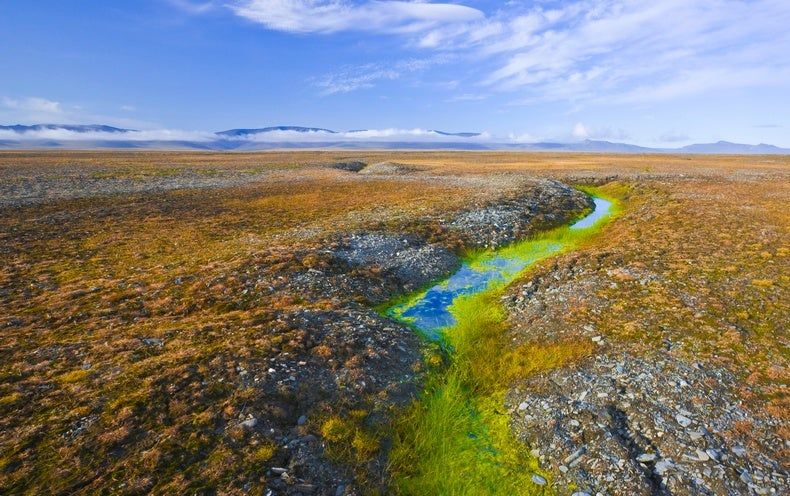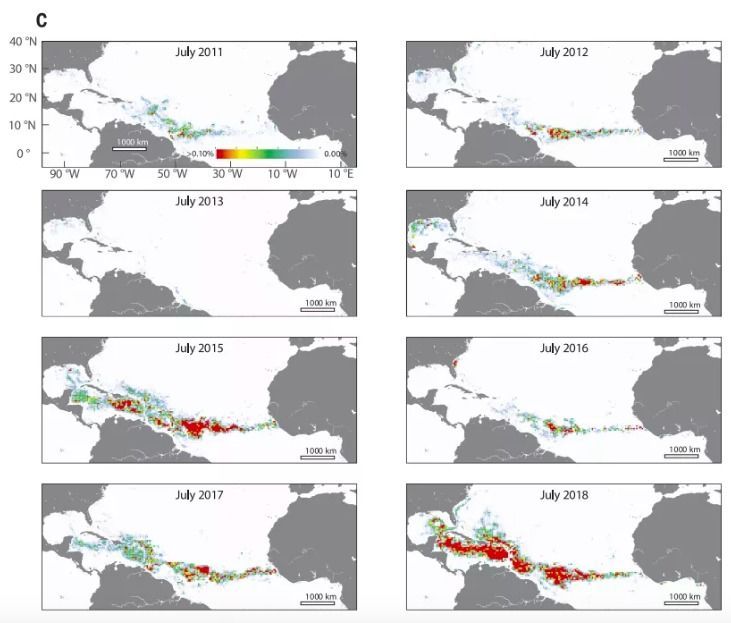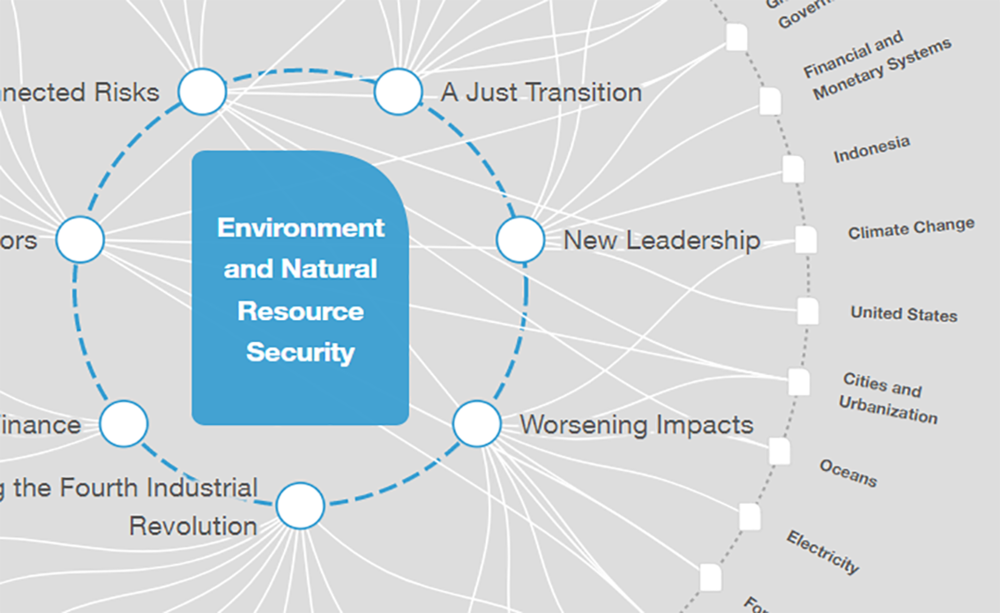Get the latest international news and world events from around the world.




A 550 km-long mass of sargassum seaweed is heading for the pristine beaches of Mexico’s Yucatan Peninsula
But now much of the coast is covered in heaps of rotting seaweed, contributing to an economic and ecological crisis.
The issue has been caused by an enormous bloom of sargassum algae, which washed ashore from the nearby Sargasso Sea. There has long been sargassum in that part of the ocean. But the rate of its growth has increased rapidly in recent years – so much so that in 2018 its summer bloom almost spanned the Atlantic from West Africa to the Caribbean.
And things are set to get even worse.


Blockchain and carbon offsetting can help cities reduce emissions – but sometimes simpler is best
Carbon offsetting initiatives have been offered by private companies – including British Airways and Shell – for many years. These voluntary schemes give customers the choice to pay a premium, on the understanding that the company will offset some greenhouse gas emissions. Since carbon offsetting became an option, projects around the world have resulted in a saving of approximately 994m tonnes of carbon dioxide (CO₂) equivalent. But given that global CO₂ levels in 2018 were 33.1Gt, it’s fair to say that a lot more could be done.
The UK could become net zero emissions tomorrow if the government wished, but it would cost the tax payer dearly. In 2017, the UK’s total greenhouse gas emissions were 460m tonnes. If, for example, the government used the Gold Standard offsetting scheme, at an average cost of £10/tonne, that would amount to an astonishing £4.6 billion bill. Most would agree this would be an excessive cost for the government to bear, and anyway the public, private and third sectors should share responsibility for tackling emissions.
Local authorities have an important role to play in meeting this target, given their ability to work with residents, charities and businesses to make meaningful changes at a local level. Some local authorities are leading the way by setting ambitious targets: Liverpool City Council aims to become the UK’s first “climate positive” city by the end of 2020. The council has formed a partnership with a private sector organisation – the Poseidon Foundation – to achieve this through carbon offsetting.
A Chinese professor explains what air pollution does to your health
Air pollution is a severe public health risk in many places around the world. At the forefront of the issue is China, which has made remarkable progress against poor air quality in recent years.

Reno Corporate Retreat Facility by The Grove Reno
My wedding with Genevieve O’Hagan has been confirmed for Sunday, August 25 with festivities starting at 2 PM and everything ending by 8 PM. The wedding and reception will be held at The Grove at 95 Foothill Road, Reno, NV 89511. Their phone number is (775) 324‑7683. Their website is.
This will be a rare opportunity to meet with other Lifeboat people! You will also get to meet the mastermind behind everything at Lifeboat: https://lifeboat.com/peanut

In drought-hit Delhi, the haves get limitless water, the poor fight for every drop
Delhi was the second driest it has been in 26 years in June, and recorded its highest ever temperature for the month at 48 degrees Celsius on June 10.
By Mayank Bhardwaj
NEW DELHI, July 7 (Reuters) — In this teeming capital city of more than 20 million people, a worsening drought is amplifying the vast inequality between India’s rich and poor.